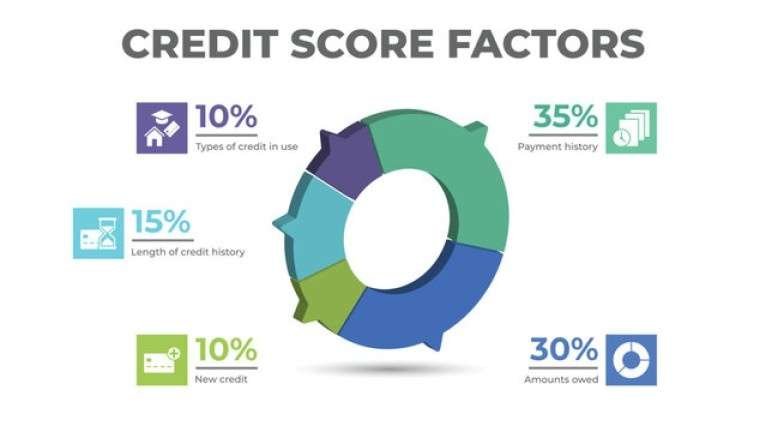As someone who values financial stability and understands the complexities of credit management, I’ve delved into the impact of wage garnishments on credit scores in the United States. Let’s explore this topic comprehensively to understand how this legal process affects individuals financially and creditwise.
Table of Contents
Understanding Wage Garnishments and Their Purpose
What is Wage Garnishment?
Wage garnishment is a legal process through which a creditor can collect unpaid debts by requiring an employer to withhold a portion of an employee’s wages directly from their paycheck. This amount is then sent directly to the creditor until the debt is satisfied. Common reasons for wage garnishment include unpaid taxes, child support, student loans, or court-ordered judgments.
Legal Framework and Process
Wage garnishment procedures are governed by federal and state laws, ensuring that creditors follow specific legal steps before initiating garnishment. These procedures include providing notice to the debtor and an opportunity to dispute the debt or negotiate repayment terms.
Impact of Wage Garnishments on Credit Scores
Does it Affect Credit Scores?
Yes, wage garnishments can impact credit scores, but indirectly. Here’s how:
- Credit Report Notation: While wage garnishments themselves may not be directly reported to credit bureaus, the underlying debt that led to garnishment is typically reported. Negative entries related to unpaid debts, defaults, or judgments can significantly lower credit scores.
- Debt-to-Income Ratio: Wage garnishments reflect financial distress and may affect a person’s debt-to-income ratio, which lenders consider when assessing creditworthiness. A higher ratio can indicate higher risk and potentially lower credit scores.
Factors Influencing Credit Score Impact
Key Considerations
Several factors determine the extent of impact wage garnishments have on credit scores:
- Type of Debt: Certain debts, like tax liens or court judgments, have a more severe impact on credit scores than others.
- Amount Garnished: The amount garnished relative to income can affect creditworthiness, as it reflects the severity of financial strain and ability to manage debts.
- Duration of Garnishment: Prolonged garnishments can prolong the negative impact on credit scores, especially if the underlying debt remains unpaid or unresolved.
Managing the Effects of Wage Garnishments
Practical Steps
While wage garnishments can have a negative impact, there are steps individuals can take to mitigate its effects:
- Budgeting and Financial Planning: Develop a budget to manage expenses and prioritize debt repayment to prevent further financial strain.
- Negotiating with Creditors: Explore options to negotiate repayment terms or settlements with creditors to resolve debts and potentially avoid garnishments.
- Seeking Legal Advice: Consult with a financial advisor or attorney specializing in debt management and consumer rights to understand legal options and protections available.
Conclusion
In conclusion, wage garnishments can indeed affect credit scores indirectly by reflecting financial distress and potentially lowering creditworthiness through related debt obligations. Understanding the legal framework, impact factors, and proactive steps to manage these effects is crucial for individuals facing or at risk of wage garnishment.
As I navigate financial challenges and strive for stability, I recognize the importance of understanding how wage garnishments can influence credit health. By staying informed and taking proactive measures, I empower myself to manage my financial well-being responsibly and navigate challenges with confidence.
For personalized guidance or legal advice regarding wage garnishments and credit management, consider consulting with financial professionals or legal experts who can provide tailored solutions and support. With knowledge and proactive management, individuals can mitigate the impact of wage garnishments on their financial futures effectively.





